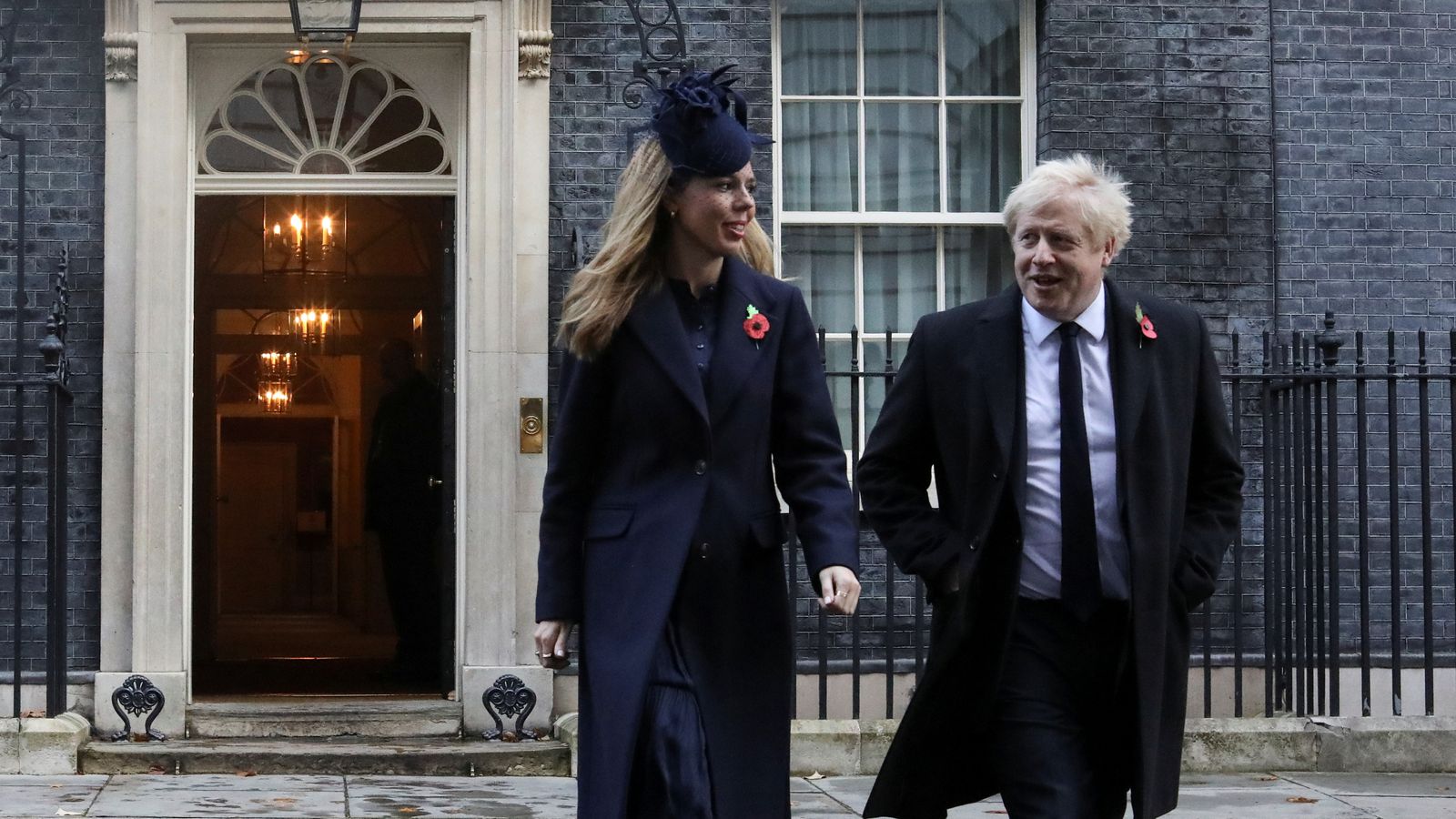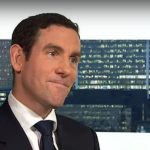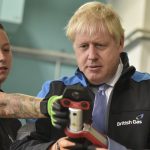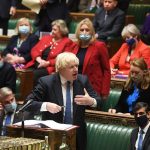The Electoral Commission is now conducting a formal investigation into the funding of the prime minister’s refurbishment of his Downing Street flat.
Why is the investigation happening?
Questions have been growing over how and when Boris Johnson‘s revamp of his private flat, above 11 Downing Street, was paid for.
In leaked emails, it recently emerged that multimillionaire Tory donor Lord Brownlow offered the Conservative Party a £58,000 donation last year.
The money, according to emails seen by the Daily Mail, was to “cover the payments the party has already made on behalf of the soon to be formed ‘Downing Street Trust'”.
In the emails to Conservative Party officials from October, the Tory peer was also reported to have mentioned a £15,000 donation.
However, only the £15,000 donation has been listed on Electoral Commission records, with mystery surrounding the other £58,000 sum.
It has been confirmed that the government has, since last spring, been looking into whether a trust could be established to help fund upgrades of the prime minister’s residence in Downing Street, with Lord Brownlow having agreed to be its chair.
But no such trust currently exists and Mr Johnson is now said to have “personally” paid for the costs of a “wider refurbishment” of the flat.
What will the Electoral Commission investigation involve?
According to the Electoral Commission, they have been in contact with the Conservative Party since late March and have “conducted an assessment of the information they have provided to us”.
The watchdog have now been “satisfied that there are reasonable grounds to suspect that an offence or offences may have occurred” and so they have launched a formal investigation to “establish whether this is the case”.
“The investigation will determine whether any transactions relating to the works at 11 Downing Street fall within the regime regulated by the Commission and whether such funding was reported as required,” a spokesperson said.
Who is the Electoral Commission?
The Electoral Commission is an independent body which oversees elections and regulates political finance in the UK.
Their aim is to “promote public confidence in the democratic process and ensure its integrity”.
How long will the investigation take?
There is no sense of how long the Electoral Commission investigation might last, with past inquiries conducted by the watchdog having taken varying amounts of time.
For example, an investigation into Conservative Party campaign spending returns was opened in February 2016 but it wasn’t until more than a year later – in March 2017 – when the Electoral Commission announced their findings.
Another recent investigation, into the Labour-supporting Momentum group, took 16 months to reach a conclusion.
What has the prime minister said?
Mr Johnson has said he “covered the costs” of the flat refurbishment and that no rules or laws had been broken in relation to the works.
“The answer is that I have covered the costs,” he has told MPs. “I have met the requirements that I’ve been obliged to meet in full.”
However, he has not directly answered questions about who paid for initial invoices.
Both Number 10 and the Conservative Party have not denied reports that the Conservative Campaign Headquarters (CCHQ) paid the Cabinet Office to cover initial costs of the works.
Downing Street has said the prime minister will be “happy to assist” if the Electoral Commission asks for any information from him during its investigation.
Please use Chrome browser for a more accessible video player
Who could potentially be implicated?
It is the Conservative Party that is the subject of the investigation and not the prime minister directly.
However, as Tory leader, Mr Johnson would be expected to take responsibility for any findings against his party.
The prime minister’s press secretary has said: “This is a matter for the Conservative Party as a political party and CCHQ have said they will continue to work constructively with the Electoral Commission on this matter.
“They will provide all necessary information to assist the Commission.
“The prime minister hasn’t been asked for any information but he and the government will of course be happy to assist if asked.”
What are the possible penalties?
The Electoral Commission can issue fines of between £200 to a maximum of £20,000 for breaches of electoral law.
They can also refer investigations to the police for the worst offences.
Investigators can demand documents, information and explanations, and could potentially seek a statutory interview with the prime minister as part of the process.
What has the Conservative Party said?
A Conservative Party spokesperson said: “We believe all reportable donations have been transparently and correctly declared and published by the Electoral Commission.
“We will continue to work constructively with the Electoral Commission on this matter. While an investigation is ongoing we will not be commenting further.”
Are there any other inquiries?
Cabinet Secretary Simon Case, the top civil servant, has told MPs he is reviewing the issue of the refurbishment of the Downing Street flat.
Meanwhile, Lord Geidt – the prime minister’s newly-appointed independent adviser on ministers’ interests – has been tasked with “ascertaining the facts surrounding” the renovation of the residence and advising Mr Johnson “on any further registration of interests that may be needed”.






















